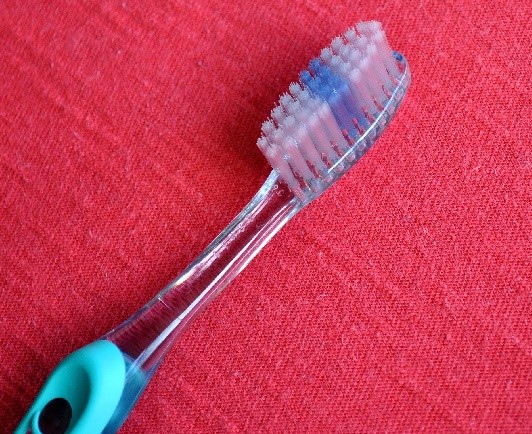
A Story of Friendship
Many years ago, I remember that my dear mother had all her teeth excised (extracted) so that she could get dentures. She figured this was a lot cheaper than taking care of the teeth and back in the 60’s it did seem to be the trend. I also remember that over the past decades and up until the time she passed that she experienced frequent headaches, jaw pain, neck and shoulder pain. Back when I did regular dental work, I did not correlate this amount of pain to the lack of teeth. When I began my training in TMD I came to realize that removing all those teeth basically causes the jaw joints to collapse into the sockets, thus creating a TMJ problem. From there, the rest was history- jaw pain, headaches, neck and back pain. These days, whenever I see a denture case, it almost always correlates with collapsed jaw joints that lead to pain.
Dear readers, taking care of your teeth isn’t just about having a great smile – it’s about protecting your overall health, including the health of your temporomandibular joints (TMJs). These joints, which connect your jaw to your skull, play a critical role in chewing, speaking and even breathing. Without proper oral hygiene and dental care, you risk more than just cavities.it is really important that you take care of your teeth so that the support for the temporomandibular joints stays in place and healthy. Think of it like this- without the foundation of the jaw being supported by the teeth, the condyles (top of the jaw bones) will quite literally collapse into their sockets. Then the little disc that covers the condyles will be forced off the condyle and that disc will pinch nerves and blood vessels that travel throughout the joints. This will cause all sorts of pain issues that you really don’t want.
The TMJ (temporomandibular joint) is most certainly one of the most sensitive and difficult joints to deal with in the human body. First of all, there are two joints, and they are both connected to the same bone, the mandible. So, if these joints have slipped discs inside, your bite will never feel balanced or normal. If you lose a couple teeth, the mandible will literally collapse into the joint and push the discs out and into the surrounding tissue. Diagnosis: It will hurt.
So, when that dental hygienist gives you a hard time not flossing and not keeping up with your cleaning appointments, he or she is only trying to help you keep the teeth. The TMJ guy (me) is less likely to be needed in the future. Unfortunately, too many people really do not keep up with their cleaning and exam appointments and defer to the tooth extraction when it bothers them enough. These days this just does not make sense. Once you are aware that the TM joints require good teeth to support them, maybe, just maybe you will call your dentist and get that checkup take care of. Your condyles, your discs, your skull and even the rest of your body will be happy for it. The solution? Stay consistent with your oral hygiene routine. Brush your teeth at least twice a day, floss daily, and visit your dentist regularly for cleanings and checkups. These simple habits will go a long way in preserving your dental health and keeping your TMJs functioning properly. The effort you put in now will save you from unnecessary pain and complications in the future. It’s all about taking control and making your health a priority!
Remember: The toothbrush (the toothpaste, the floss, the dentist the hygienist) is your friend! Wishing you two a great friendship!
